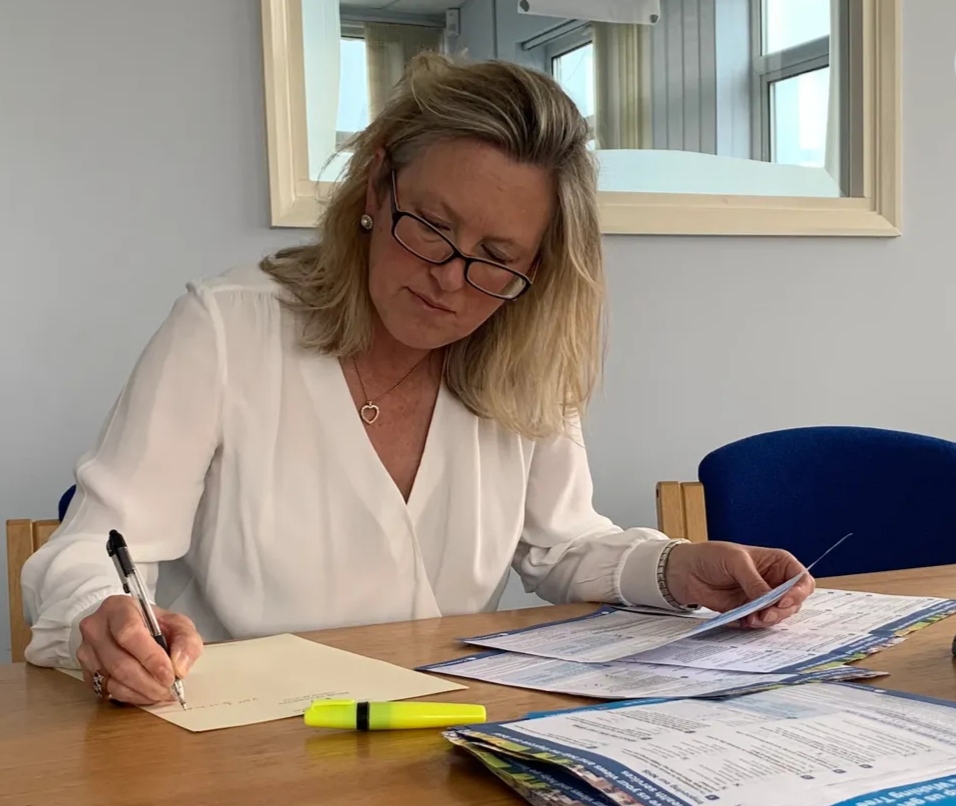Small and medium-sized enterprises (SMEs) play a vital role in the prosperity and sustainability of small towns like Rye and our local economy. They are our lifeblood – providing jobs and sustaining livelihoods, they help preserve our local culture and contribute to the overall well-being of our community. Their role goes beyond economic number crunching because they also enrich the fabric of local life.
Businesses in and around Rye almost have a symbiotic relationship with Rye. Rye boasts a rich history and ambiance, dating back to medieval times. As a vital member of the Cinque Ports confederation, it played a crucial role in maritime trade and defence. The town’s ancient inns, such as the Mermaid and the Old Bell, are steeped in history and intrigue. This history attracts tourists and has led to the growth of hotels, guest houses, B&Bs, restaurants, pubs, tearooms, and retail.
Rye’s proximity to the sea makes it an appealing destination for visitors in itself but its medieval centre, the citadel, with cobbled paths and hidden nooks and crannies feels otherworldly, drawing in visitors – Mermaid Street must be one of the most photographed streets in the world. St Mary’s Church, dating back to the 12th century resonates with past, current and future generations. Rye’s fishing fleet connects it to its maritime past. The town’s location, on a hill at the confluence of three rivers—the Rother, Tillingham, and Brede—has historically facilitated smuggling, shipping and storage of goods, including iron from the Wealden iron industry, dating back to pre-Roman times. Rye Harbour, with its light industrial landscape sitting abreast an important sight of special scientific interest (SSSI) and Ramsar wetlands nature reserve, and facilities for yachts and vessels, further emphasises the town’s maritime ties and serves as a gateway for nature and our local economy.
Our local SMEs have shown steadfast resilience and adaptability over the past few years which make them the backbone of our local communities. When Rishi Sunak was chancellor, he supported SMEs during the Covid pandemic with the furlough and grant schemes. He brought in the £520 million Help to Grow Scheme in the 2021 budget, which aimed to enhance productivity by providing 130,000 SMEs with access to top business schools, training and software. We saw cuts to employment taxes and reductions in business rates, as well as incentives for training and investment, encouraging firms to invest and up-skill.
Chancellor Jeremy Hunt has also taken significant steps to support SMEs demonstrating his, the prime minister’s and the government’s commitment to supporting SMEs, fostering innovation, and creating a resilient economy for the future. In his November 2023 Autumn Statement for Growth the chancellor announced several tax cuts to boost the economy. A 2% reduction in Employee National Insurance from 12% to 10%, effective from January 2024, translates to an annual tax cut of over £450 for the average worker earning £35,400 per year. The system has been simplified for two million self-employed individuals, abolishing an entire class of national insurance contributions and reducing the top rate from 9% to 8%. This results in an average total saving of around £350 for someone earning £28,000 annually, and we have seen the biggest permanent tax cut for businesses in modern British history, aimed at encouraging investment. This measure is expected to boost business investment by £20 billion per year over the next decade.
In the same 2023 statement, the chancellor introduced a new research and development scheme specifically for 20,000 SMEs in the UK. This scheme, worth around £500 million per year, aims to encourage innovation and boost research and development activities among SMEs. The chancellor also unveiled plans to merge workplace pension schemes, releasing up to £75 billion of retirement funds for fast-growing startups.
I am aware of the concerns, especially for retail and hospitality businesses, about the increase in the national living wage. I know that the employment allowance has helped to some degree as has the 75% freezing of the SME multiplier (business rates multiplier applied to SMEs). These measures do help provide some financial breathing space. However, as part of my ongoing efforts to understand and support the business community in Hastings and Rye, I will soon be engaging businesses in a business survey which is designed to gather valuable insights about the current business climate, challenges local businesses may be facing, growth opportunities and how the government can better serve them. It is important that local businesses have the opportunity to advise me of the current challenges and opportunities, and the real-world – the practical – impact of policies and regulations. Whilst coastal communities share similar characteristics, every locality has unique economic dynamics and workforce needs; we may need tailored solutions to address specific challenges or to improve opportunities.
Our local SMEs are the heart of our local economy and I want to ensure that the government creates the conditions for them to thrive, to contribute to economic growth and support local jobs.
Image Credits: Sally-Ann Hart MP .



